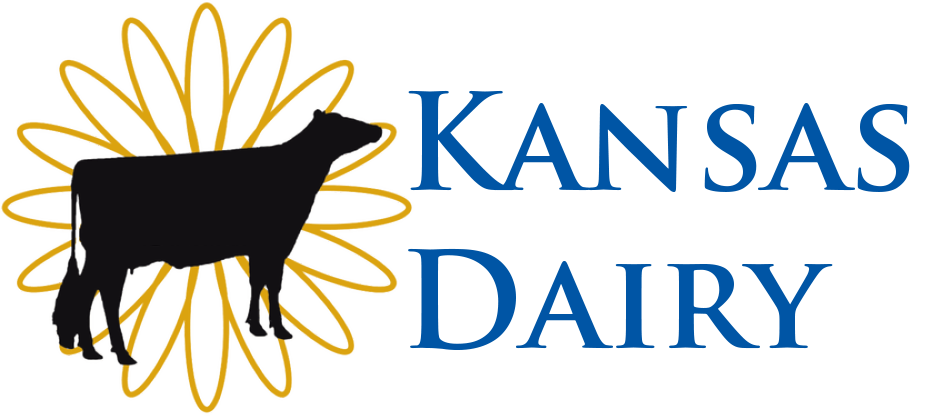Movement Regulations for Lactating Cows
Movement Order Issued for Lactating Dairy Cattle
Effective April 22, 2024, the Animal Health Commissioner of the Kansas Department of Agriculture, division of Animal Health (Commissioner) has issued an order requiring special permits related to the movement of lactating dairy cattle due to H5N1 Influenza A virus.
The order is effective immediately, and the basics of the order include:
All lactating dairy cattle moving into and within Kansas will require a CVI with a pre-movement permit unless they are being moved directly to slaughter. Veterinarians may obtain movement permits by calling 785-564-6616 or by emailing kda.icvi@ks.gov.
CVI shall contain a statement affirming the premises of origin has not had cows exhibit H5N1 consistent clinical signs within the last 30 days.
If the above statement cannot be affirmed, the permit request will be referred to a KDA veterinarian for a risk assessment.
Based on the results of the risk assessment, a pre-movement testing protocol may be necessary.
Dairy farmers are encouraged to work with their veterinarians in anticipation of animal movements.
According to the Kansas Department of Agriculture, this is a dynamic and fluid situation and this order will remain in effect until further notice.
The full order can be read on our HPAI Resource Page.
The USDA issued a federal order on April 24 requiring pre-movement testing for the interstate movement of lactating dairy cattle. Starting Monday, April 29, a negative test result for highly pathogenic H5N1 avian influenza will be required for all interstate movement of lactating dairy cattle before a Certificate of Veterinary Inspection can be issued.
USDA also announced that all laboratories and state veterinarians will be required to report positive H5N1 cases to USDA, a move that aims to limit the risk of virus spread to protect dairy workers, dairy herds and poultry facilities.
For affected farms, the Federal Order will require business owners with dairy cattle that test positive for interstate movement to complete a comprehensive epidemiological questionnaire and provide animal movement tracing.
USDA’s actions are intended to enable USDA to take necessary measures to contain the disease and provide essential data for surveillance and epidemiological research.
Accurate and timely reporting is essential to understanding the prevalence, distribution and dynamics of the virus, and the information collected is crucial for developing effective prevention and control strategies.
There continues to be no concern about the safety of the milk supply or that this circumstance poses a risk to consumer health because products are pasteurized before entering the market, per the Food and Drug Administration (FDA).
Only milk from healthy animals is authorized for distribution into interstate commerce for human consumption. Additionally, pasteurization has continually proven to inactivate bacteria and viruses, including influenza, in milk.
USDA and FDA remind consumers that raw milk should not be consumed. Raw milk is a key vehicle in the transmission of human pathogens.
As this situation continues to evolve, NMPF joins USDA, FDA and the International Dairy Foods Association in strongly recommending that all raw milk and raw milk components be heat-treated to a temperature and duration that kills harmful pathogenic bacteria and other microorganisms, including HPAI viruses, regardless of the product’s intended use for human or animal consumption.
FDA also recommends out of an abundance of caution that milk from cows in an affected herd not be used to produce raw milk cheeses.
All dairy cattle are also subject to the Federal Meat Inspection Act and must be slaughtered and processed under inspection by USDA’s Food Safety and Inspection Service, ensuring that all meat entering the food supply has been inspected and approved for human consumption.
Courtesy National Milk Producers Federation

